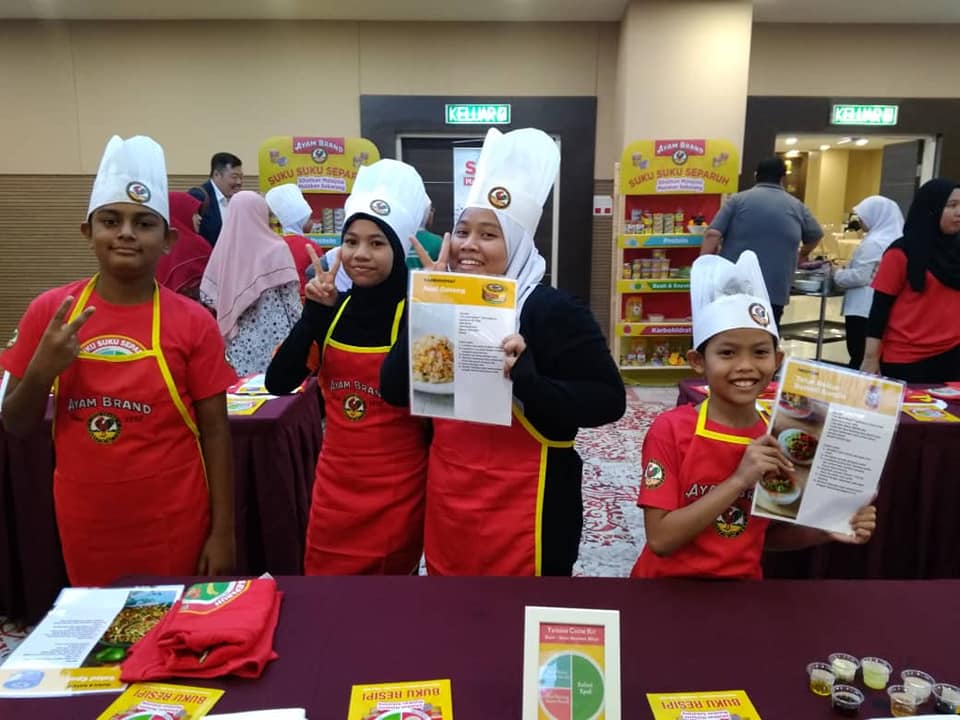With the return of the MCO, which turned into the FMCO that’s now extended until further notice, it didn’t come as a huge surprise to many of us as we understood the consequences that we as a nation would have to shoulder if all economy sectors remained open. And yet, that didn’t stop us from wondering: how are the less fortunate people coping in times like this?
So, who are the homeless people in Malaysia?
Contrary to popular belief that many homeless people are made up of migrants, the Borgenproject.org reported that 90% of the homeless community is made up of Malaysian citizens. Among the reasons why these people are homeless: unemployment, low income and domestic violence. Similarly, in an article published by MalaysiaNow in January, it was reported that there are three suitable definitions for homelessness in Malaysia: displacement and marginalisation, lack of access to housing, and issues related to bad planning and designing houses for the poor. However, this is only the tip of the iceberg because in the past few months, many migrant workers have also lost their jobs thanks to the pandemic, which has caused the number of homeless people in Malaysia to drastically rise.

How do these people survive and where do they get their source of food from?
During the first MCO in March last year, DBKL reported that about 140 people who were homeless from the streets of KL were temporarily housed at shelters until the end of February this year, after which they’d be moved to the Homeless Transformation Centre in Taman Desa, where they’d be able to learn basic skills which could help them be more employable. While this might have been a dream come true for some families, NGOs are reporting otherwise as the amount of people they’ll need to feed daily has rapidly increased.
In a video released by CNA on 4th July 2020, it was reported that thousands of people were still depending on soup kitchens in the country for food. As explained by Datuk Munirah Hamid, the founder of Pertiwi Soup Kitchen, “We feed about 1,000 to 1,800 people daily. At Pertiwi, we help the homeless and hardcore poor who are living in KL.” And this was the efforts of one soup kitchen alone. Similarly, The Hope Branch that was founded by Harith Iskander and Dr. Jezamine Lim Iskander, also feeds the urban poor, homeless, disabled, single parents, B40 and marginalised communities regardless of age in various parts of Malaysia.

How can you lend a helping hand?
No amount is too small when it comes to lending a helping hand to various NGOs in our country – especially in the current times. As such, we have launched Scoop Cares, a CSR initiative from JWW Consultancy & Technology Sdn Bhd (the company that SENSE Scoop operates under) to bridge the gap between those in need and those who can contribute to them. With a curated list of non-profit organizations and grassroots initiatives that urgently need your help, you can decide on the ones that tug at your heartstrings the most and choose to donate cash or essential supplies based on the specific organization’s wish list. As Kathy Calvin, the former President and Chief Executive Officer of the United Nations Foundation, says, “Giving is not just about making a donation. It’s about making a difference.” Together, let’s keep the #kitajagakita spirit alive.
Click here to find out more about Scoop Cares.
.png)

